Why are we running this project?
Digitization and technological development will fundamentally change the international migration system. New technologies such as artificial intelligence and machine learning are already being tested, used and further developed in various areas, for instance to better anticipate migration movements; in humanitarian settings; or to better manage migration and mobility, for example in visa processes or while crossing borders in digitally networked systems. Digital identities, big data and predictive analytics are developments that will have very concrete implications for refugee and migration policy. This raises new political and ethical questions that must be taken into account in the development and shaping of the external dimension of German and European migration policy. At the same time, the changes of a digital world are also creating new opportunities to re-think important aspects of international migration.
What are our goals?
The current round of the MSG will discuss how digitization and technological developments will change various areas of migration policy in the future. Among others, the following questions will be considered:
- How are different tools (e.g. artificial intelligence, or the use of digital identities and biometrics) already used in the international migration and refugee context?
- What new political, ethical and human rights questions arise from this?
- What effects do digital developments have on how we will develop migration policy in the future and implement it across borders?
- What will cooperation on these issues between the public sector, civil society and the private sector look like in the future?
- What opportunities are emerging to shape international migration policy in new and different ways?
How does the project work?
The MSG aims to develop solution-oriented policies for questions related to the external dimension of migration policy, encourage the thinking and critical reflection processes of participants, and promote network building between government ministries and other relevant sectors. This is achieved by:
- An innovative and participant-oriented dialogue process with policymakers that encourages out-of-the-box thinking
- Networking and exchange across policy disciplines, administrative levels, regions, and societal sectors
- Collaborative development of concrete policy options for Germany policymakers, drawing on concrete examples from Germany and abroad
- Inputs by the project team from on-site research trips to the Western Balkans and Nigeria
All sessions are held under the Chatham House Rule. The participative development of policy options in a non-partisan, trustful environment, which takes into account experiences and good practices, provides a unique platform for solution-oriented thinking and ideally contributes to better policy making.
The current MSG round follows three previous project cycles. From 2013 to 2015, the MSG focused on the theme of labor migration and global competitiveness. From 2016 to 2017, it dealt with the issue of policy coherence in Germany’s external migration policy. From 2018-19, the topic was mixed migration movements with a focus on cooperation with African countries
